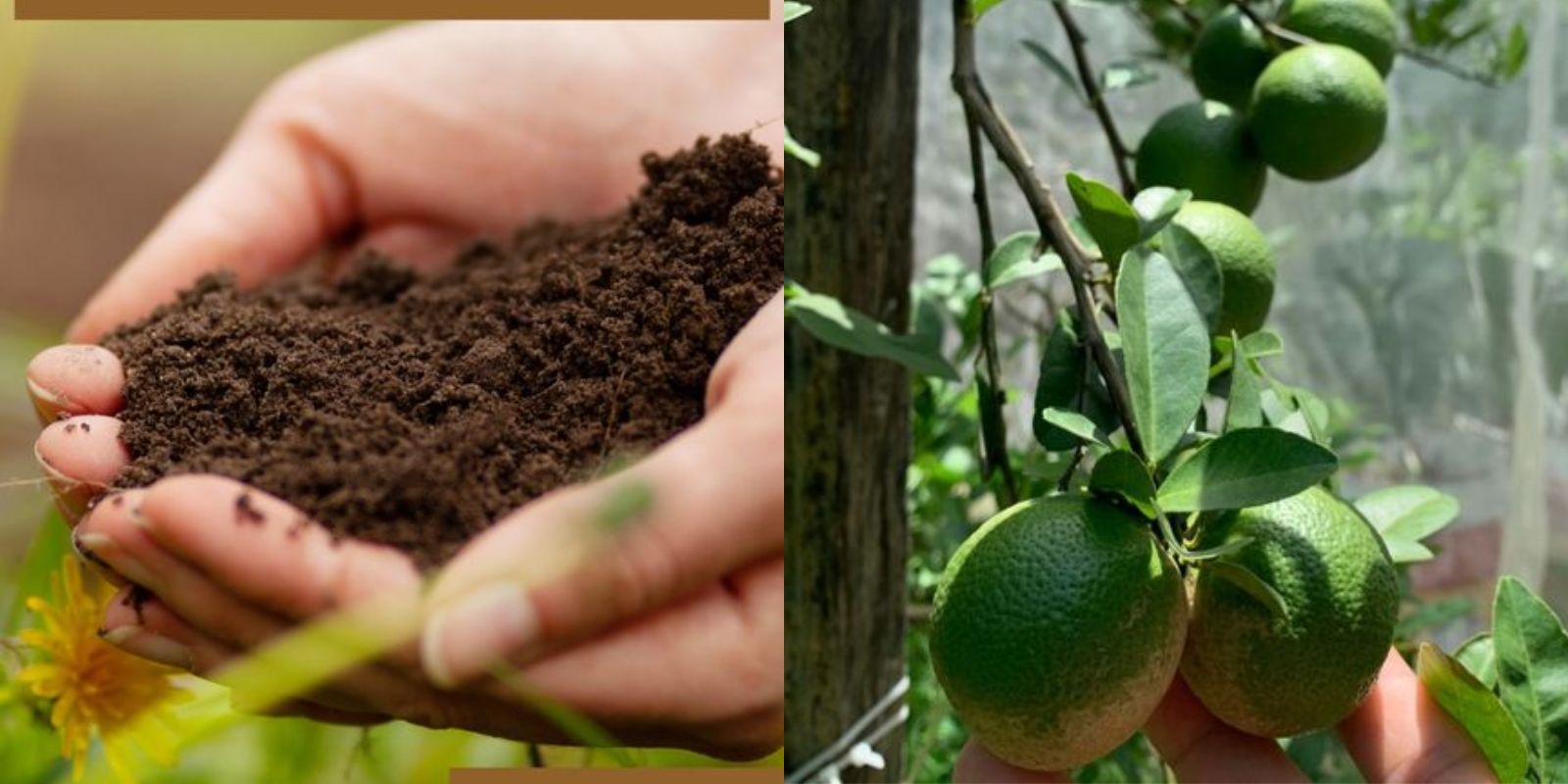Growing luscious lemons in your garden can be immensely satisfying, whether you’re a seasoned gardener or just starting out. To achieve vibrant, healthy lemon trees that yield abundant fruit, proper nutrition is key. Natural fertilizers offer a sustainable and effective way to provide essential nutrients without relying on synthetic chemicals. This guide explores the benefits of natural fertilizers, details a simple recipe to boost lemon tree health, and provides practical tips for maximizing your harvest.
Introduction to Natural Fertilizers for Lemon Trees
Lemon trees (Citrus limon) thrive in warm climates and require well-drained soil rich in nutrients to produce high-quality fruit. Traditional fertilizers may contain synthetic compounds that can harm beneficial soil organisms and impact long-term soil health. Natural fertilizers, on the other hand, nourish the soil ecosystem while providing essential nutrients that lemon trees need for robust growth and fruit development.
Benefits of Using Natural Fertilizers
- Environmental Sustainability: Natural fertilizers are derived from organic sources such as compost, manure, or plant-based materials. They reduce reliance on synthetic chemicals, minimizing environmental impact and promoting sustainable gardening practices.
- Improved Soil Health: Organic fertilizers enrich the soil with organic matter, enhancing soil structure and fertility. This supports beneficial microorganisms and earthworms that contribute to nutrient cycling and overall soil health.
- Nutrient-Rich Fertilization: Natural fertilizers provide a balanced mix of nutrients, including nitrogen (N), phosphorus (P), and potassium (K), essential for lemon tree growth, flowering, and fruiting. They release nutrients slowly, ensuring steady nutrient availability to plants over time.
- Reduced Chemical Exposure: By avoiding synthetic fertilizers, you reduce the risk of chemical buildup in the soil and potential harm to beneficial insects, birds, and other wildlife.
How to Make and Apply Natural Fertilizer for Lemon Trees
Follow these steps to create and apply a natural fertilizer that promotes healthy lemon tree growth and enhances fruit production:
Ingredients for Natural Fertilizer:
- Compost: Rich in organic matter and nutrients, compost improves soil structure and provides a slow-release source of nitrogen.
- Aged Manure: Well-aged manure from herbivores such as cows or horses adds nitrogen, phosphorus, and potassium to the soil.
- Fish Emulsion: A liquid fertilizer made from fish byproducts, fish emulsion is high in nitrogen and beneficial trace minerals.
- Epsom Salt: Provides magnesium, which supports chlorophyll production and overall plant health.
Recipe for Natural Fertilizer:
- Mixing the Ingredients: In a large container or bucket, combine equal parts compost and aged manure. Add fish emulsion according to package instructions for dilution. Optionally, incorporate a tablespoon of Epsom salt per gallon of fertilizer mixture to enhance magnesium levels.
- Creating the Fertilizer Solution: Fill the container with water and stir the ingredients thoroughly to create a nutrient-rich solution. Allow the mixture to steep for 24 to 48 hours, allowing nutrients to dissolve into the water.
- Straining (Optional): For a smoother application, strain the fertilizer solution using cheesecloth or a fine mesh sieve to remove large particles.
Applying the Natural Fertilizer:
- Preparation: Ensure the soil around the lemon tree is moist but not waterlogged before applying fertilizer.
- Application Method: Pour the diluted fertilizer solution directly onto the soil around the base of the lemon tree. Avoid wetting the leaves to prevent foliar damage or sunburn.
- Quantity and Frequency: Apply the natural fertilizer every 4 to 6 weeks during the growing season (spring through early fall). Adjust frequency based on soil nutrient levels, plant growth, and environmental conditions.
- Watering After Application: Water the soil lightly after applying fertilizer to help nutrients penetrate the root zone and facilitate absorption by the lemon tree.
Tips for Maximizing Lemon Harvests
- Pruning and Thinning: Regularly prune lemon trees to improve air circulation and sunlight penetration. Thin out excess fruit to promote larger, healthier lemons.
- Pest and Disease Management: Monitor lemon trees for signs of pests or diseases. Use organic pest control methods such as neem oil or insecticidal soap if necessary.
- Mulching: Apply a layer of organic mulch around the base of lemon trees to conserve moisture, regulate soil temperature, and suppress weeds.
- Environmental Considerations: Lemon trees thrive in full sun and well-drained soil. Ensure they receive at least 6 to 8 hours of sunlight daily and protect them from frost or extreme weather conditions.
Conclusion
Cultivating robust lemon trees and enjoying a generous harvest is achievable with the right approach to soil nutrition and care. By embracing natural fertilizers and sustainable gardening practices, you not only support the health and productivity of your lemon trees but also contribute to a healthier environment. Experiment with the natural fertilizer recipe, adapt it to suit your gardening style and local conditions, and share your success stories with fellow gardeners. Together, let’s cultivate thriving lemon trees and savor the rewards of homegrown citrus goodness! 🍋🌿

